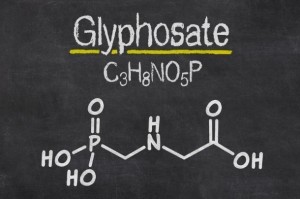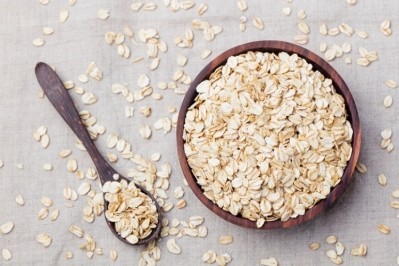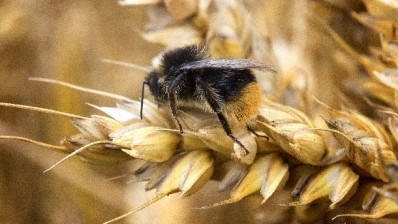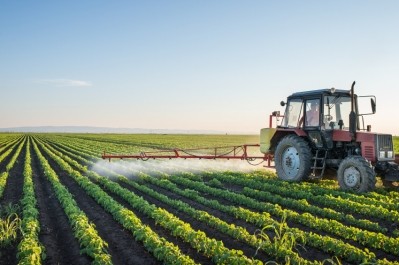Renewed call for bakers to end use of wheat sprayed with glyphosate
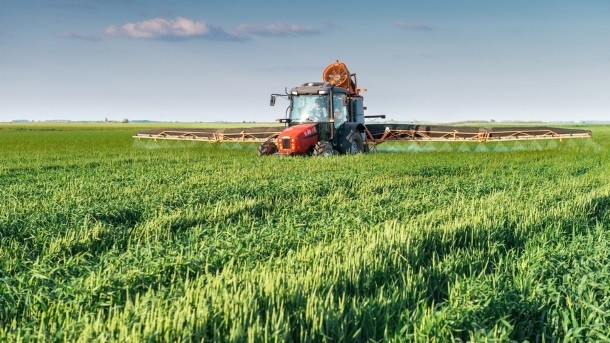
UK organic certification body the Soil Association has written to retailers including Tesco and Sainsbury’s, and bakers including Warburton’s and Hovis, following the European Commission’s recent decision to extend approval for glyphosate weedkiller use for 18 months (see box-out below).
In response, bread and milling trade bodies have said they take food safety “very seriously” and that glyphosate is used only when necessary to minimize crop loss.
The EU recently advised “reinforced scrutiny” of the use of glyphosate as a pre-harvest spray on food crops although it is up to individual member states to decide whether to implement this.
Call for ban on pre-harvest use
The Soil Association, which last year launched the Not in Our Bread Campaign calling for a ban on pre-harvest use of glyphosate on food wheat, has now restated the call in a letter to key industry players, saying there is still time to achieve this before this year’s wheat harvest begins.
“The response from UK bread manufacturers to our previous requests has been to say that UK industry is waiting to see what was decided in Europe,” wrote Soil Association policy director Peter Melchett.
Soil Association letter
The Soil Association has written to the following businesses/bodies:
Retailers
- Tesco
- Sainsbury’s
- Waitrose
- Morrisons
- Asda
- Co-op
- Marks & Spencer
Bread/flour suppliers
- Warburtons
- Hovis
- Braces Bakery
- Allied Mills
Trade bodies
- Federation of Bakers
- National Association of British and Irish Flour Millers
“The European decision has been taken. The short term and conditional approval for the continued use of glyphosate has clearly confirmed that there are, at the very least, doubts about the safety of glyphosate.”
In what appears to be a reference to the turmoil around the UK Brexit vote, the letter to bakers and retailers continues:
“You will be aware that politicians in the UK are currently preoccupied with other matters, and it seems to us that as a responsible company producing bread in the UK, you must now take responsibility for the quality of your own supply chain."
The Federation of Bakers
In response to the Soil Association letter, Gordon Polson, director of trade body The Federation of Bakers, insisted all UK bakers take the safety of the food they produce very seriously.
“Glyphosate has been approved for use by the EU,” he said, adding that analysis of glyphosate in bread is carried out by the Pesticides Residues in Food (PRiF) expert committee on behalf of the Government.
“Glyphosate was found in only 20% of bread and where found was always at a level which PRiF considered would not have an effect on human health,” he said.
“The Federation of Bakers endeavors to continue working closely with their suppliers to ensure any incidence of residues remains low and will follow all developments with regards to the safety of pesticides, including glyphosate, to ensure the upmost safety to consumers.”
National Association of British and Irish Flour Millers
The federation’s views were echoed by flour milling trade body the National Association of British and Irish Flour Millers (Nabim), which said it worked closely with organizations representing growers to ensure glyphosate is only applied to wheat when necessary to minimize damage and loss of the crop.
“We will continue to work with growers and grain suppliers to ensure the highest standards of food safety,” said Nabim director general Alex Waugh.
Glyphosate licence
The European Commission originally proposed a 15-year marketing license for glyphosate.
However, under pressure from MEPs and following indecision by member states, it last month decided on the 18-month extension to the end of 2017, when EU body the European Chemicals Agency (ECHA) will give its opinion on the substance.
Renewal of glyphosate’s authorization has been fiercely debated since March 2015, when the World Health Organization’s International Agency for Research on Cancer (IARC) said the substance is a probable cause of cancer.
The European Food Safety Authority (EFSA) contradicted the IARC findings in November 2015, and a joint FAO/WHO meeting on pesticide residues concluded in May this year that glyphosate is unlikely to pose a carcinogenic risk to humans from exposure through the diet.
